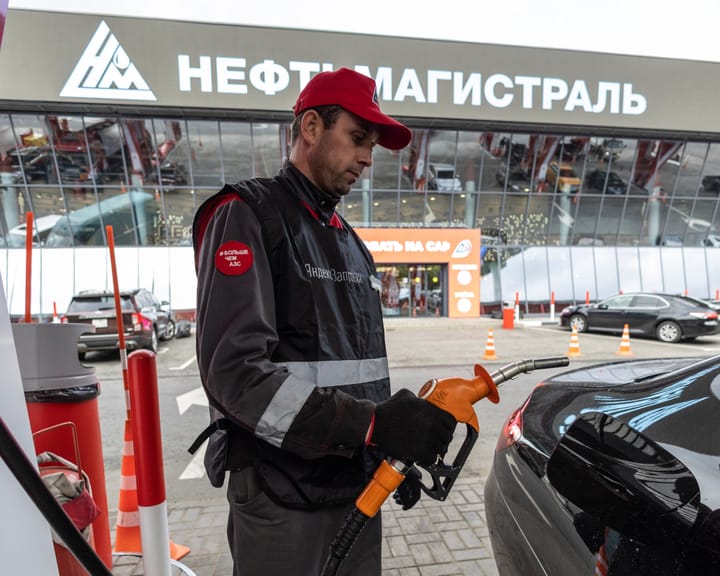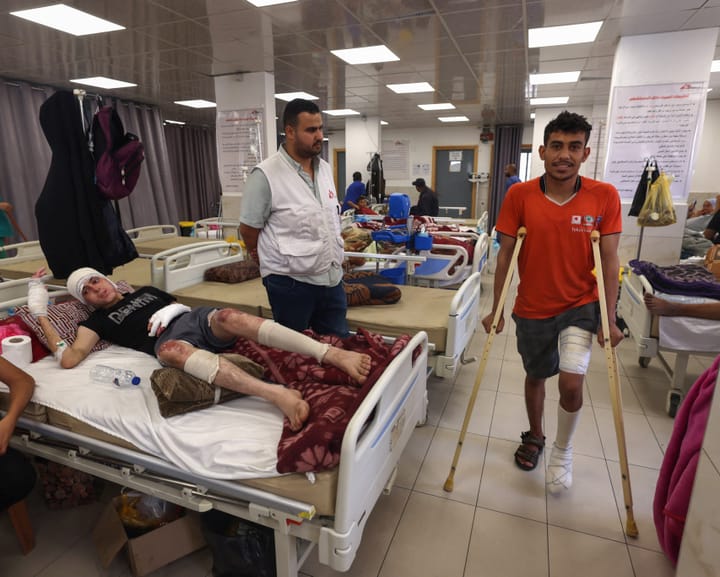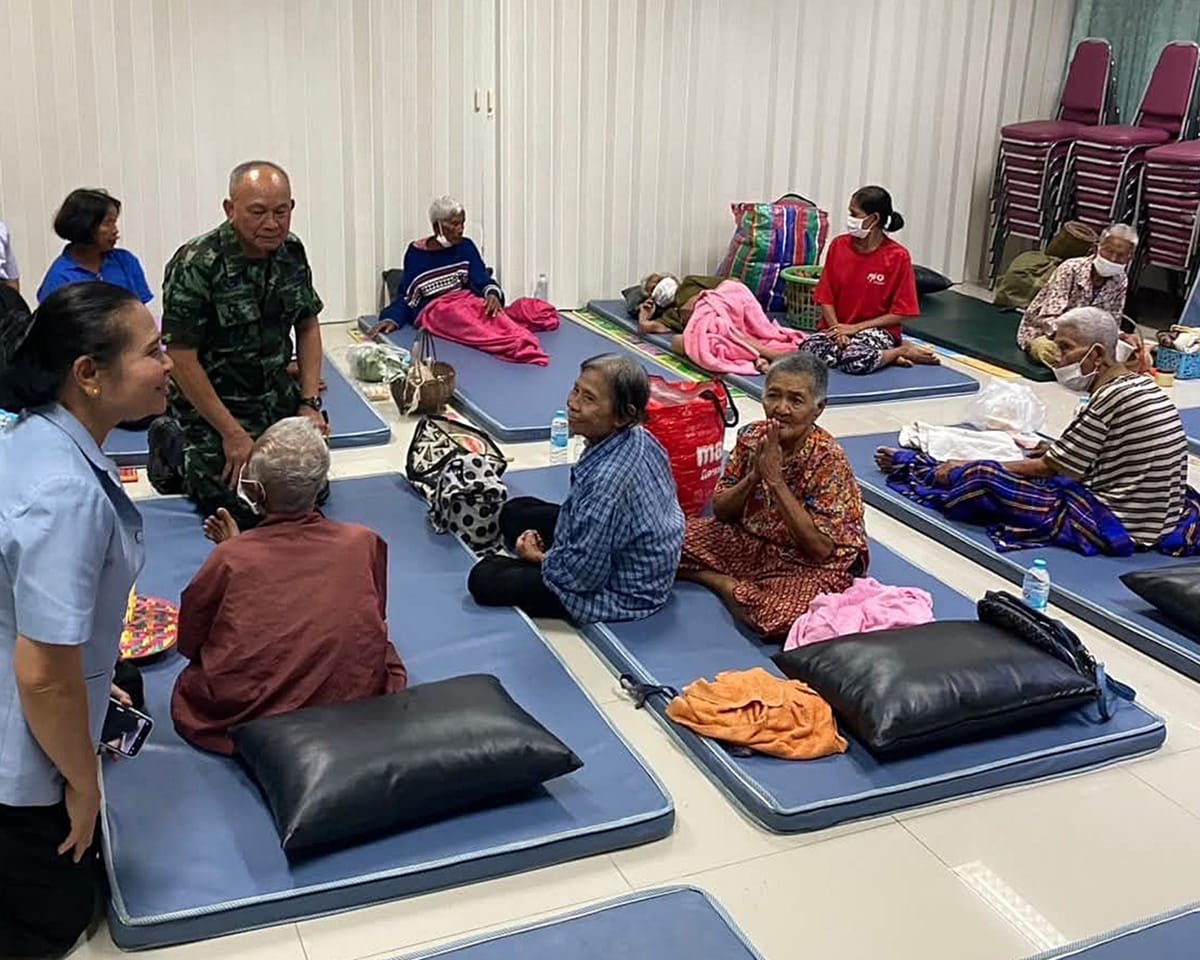Renewed Clashes Force Thousands to Flee Thai-Cambodian Border
For nearly two months, Maneerat Kote-Bandit had sensed growing unease, fearing the tensions along the Thai-Cambodian border could worsen. Residents in her village, near the contested area, had prepared emergency supplies, bracing for possible violence. "We monitored updates, staying vigilant and wondering, 'Will today be the day?'" she recalled.
Yet, when the roar of artillery and gunfire erupted on Thursday morning, panic still gripped her. The explosions began between 8 a.m. and 9 a.m., followed by a loudspeaker announcement urging people to evacuate.
Maneerat’s nephews, aged eight and nine, were sent home from school, and the family rushed into her pickup truck. Relatives shouted for others to hurry as they scrambled to leave.
"We were frightened, but we had to keep our composure," said Maneerat.
They are now sheltering near a municipal center, where over 100 people sleep on bamboo mats beneath a metal structure. They are among more than 130,000 displaced from border regions following the deadliest clashes between Thailand and Cambodia in a decade.
"There have been difficult times before, but nothing like this," said In Chanthathep, 72, also at the shelter. A lifelong resident of Nam Yuen district in Ubon Ratchathani, she had never heard fighting so near her home.
"It was sudden—just a loud noise, and I panicked," In said, adding that she had no time to gather belongings before her son carried her to their car and drove to safety.
Conditions at the shelter are basic but secure. In has received donated clothes and a pillow and registered for a blanket.
"Here, I can’t hear the explosions. At least I feel some peace," she said.
Nearby, staff distribute toiletries while a news broadcast shows footage of buildings damaged by shelling.
In Thailand, 15 people—including 14 civilians—have been killed. A Cambodian official reported one civilian death in Oddar Meanchey province, though national authorities have not confirmed the toll.
Over 60 shelters have been set up in Det Udom district, where Maneerat and In are staying, roughly 40 miles from their villages. No one knows how long they will remain displaced.
Maneerat, who works at a flour factory with her sisters, is unsure if they will receive wages during the closures. "This will undoubtedly hurt local livelihoods," she said.
Read next

Ukraine strikes on refineries leave Russians struggling with fuel shortages
Russia Faces Fuel Crisis as Drone Strikes Cripple Refineries
Russia, often regarded as an energy powerhouse, is experiencing unexpected fuel shortages after a series of Ukrainian drone strikes damaged refineries across the country.
In several regions, petrol stations have run out of fuel, prices have soared to unprecedented levels, and

"France in crisis: Economic dispute escalates into political turmoil"
France finds itself in economic uncertainty, lacking a budget and possibly facing a government collapse. Prime Minister François Bayrou has called for a parliamentary confidence vote on 8 September. With left-wing and far-right parties vowing to remove the government, he lacks the necessary support to prevail.
Recently, the Socialist Party

"MSF reports a third of Gaza outpatient wound patients are children"
Nearly one-third of outpatients treated for injuries at medical centers operated by Médecins Sans Frontières (MSF) in Gaza last year were children under 15, according to data published in The Lancet.
The statistics, shared by MSF in correspondence with the medical journal, were gathered from six healthcare facilities in Gaza,

